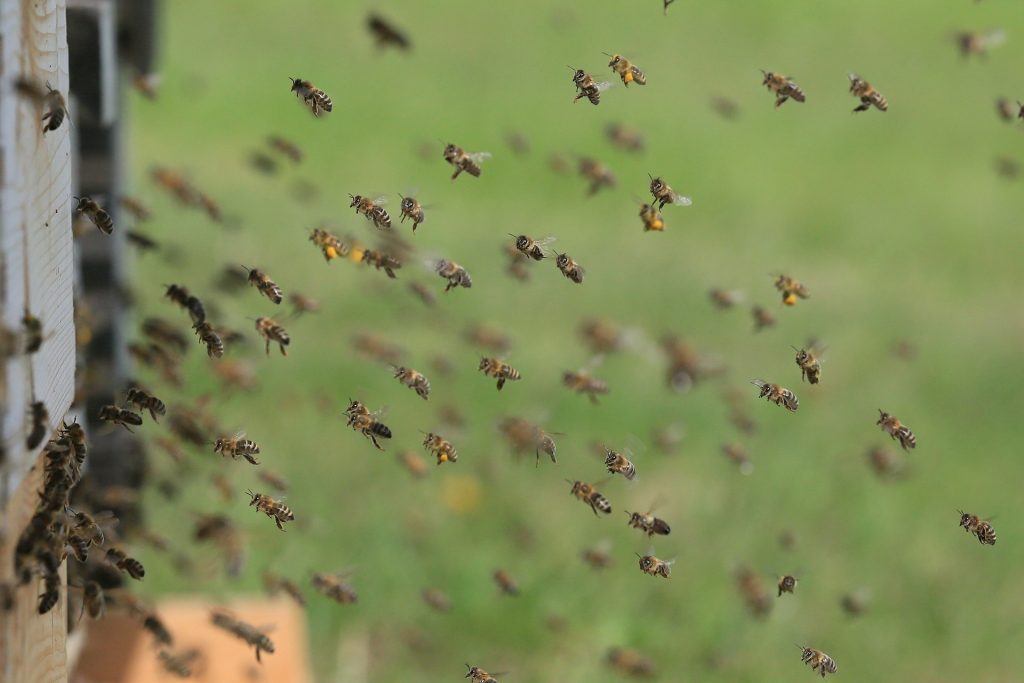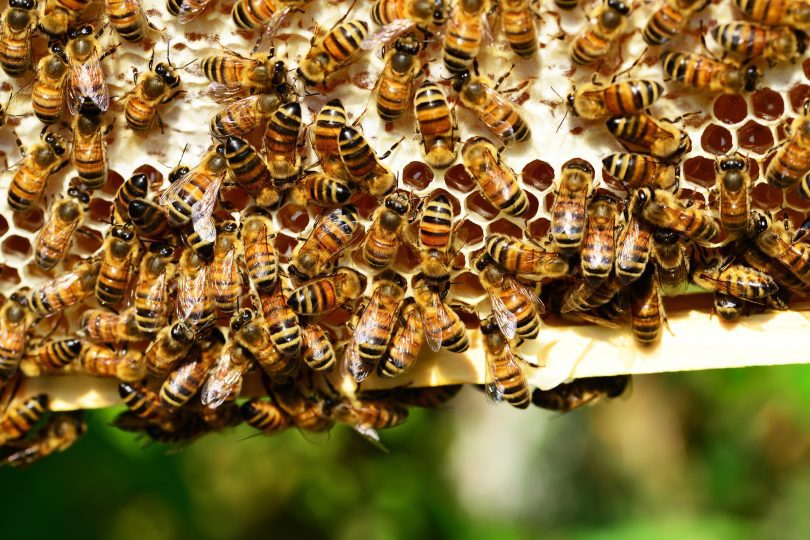Over the past few decades, things haven’t been easy for the all-important honeybee. One of the most significant pollinators on the planet has seen its population drastically fall in recent years due to factors such as climate change, habitat loss, pesticide use, and disease-related attrition. Staggeringly bees pollinate one or more cultivars of over 66% of the world’s crop species and contribute to one third of the food we eat, so the importance of their survival is, fair to say, closely tied to our own.
One of these factors may soon be a thing of the past, due to a vaccine created by Dalan. They have created a vaccine which exposes queen bees to dead bacteria, enabling future larvae hatched in the hive to be resistant to infection. They claim that their vaccine technology shows no negative impact on honey production, that it is chemical free, non-GMO and completely organic.

The U.S. Department of Agriculture has granted conditional permission to the Georgia-based biotech company for the first honeybee vaccine. Scientists claim that the technology used in the vaccine could pave the way for future vaccines to be used in handling pests and other illnesses which have caused havoc on the worlds fragile biodiversity.
Dealing with foulbrood, a bacterial infection that causes larvae to turn dark brown and causes the hive to smell rotten, was their first priority. In some bee colonies the disease was rife in the 1800s and the early 1900s. American foulbrood can easily destroy colonies of 60,000 bees, although not being as damaging as varroa mites.
Dalan stated that while foulbrood is predominantly an American disease (which has since spread around the world) their vaccine could be used to tackle other foulbrood strains, such as the Europeon version.
According to The New York Times, experts had previously believed that because insects don’t manufacture antibodies as people and animals do, they couldn’t develop immunity to diseases. But once the immune response-triggering protein in bees was discovered, scientists understood they could shield an entire colony with just one queen. Additionally, the vaccination is a much more compassionate cure for American foulbrood. The disease frequently forces beekeepers to fire the diseased hives in order to salvage what they can, even though it can easily wipe out colonies of 60,000 bees at once.



